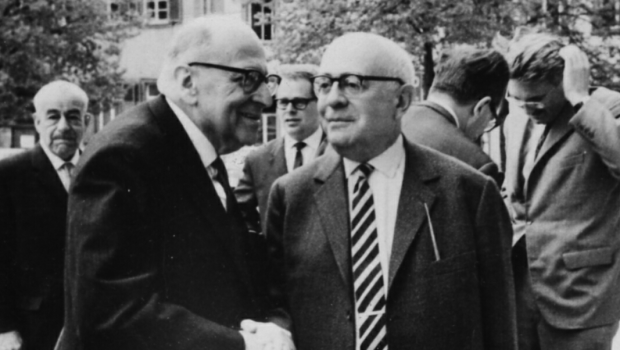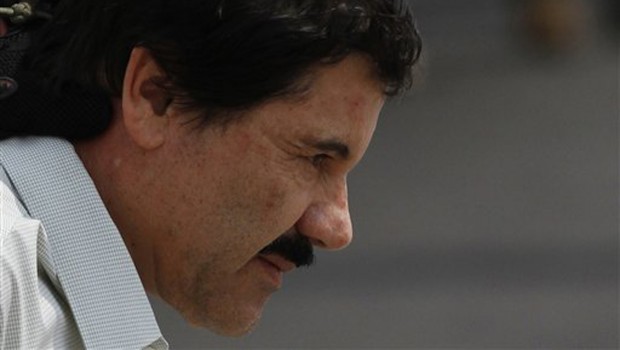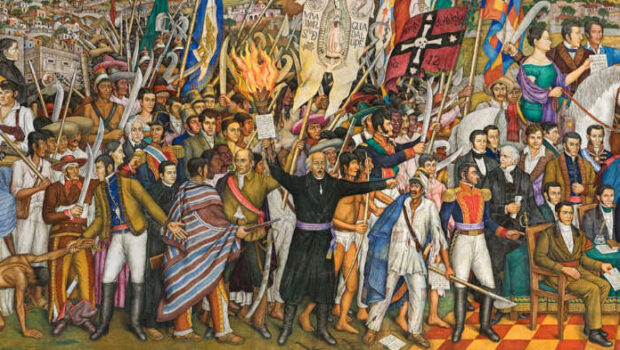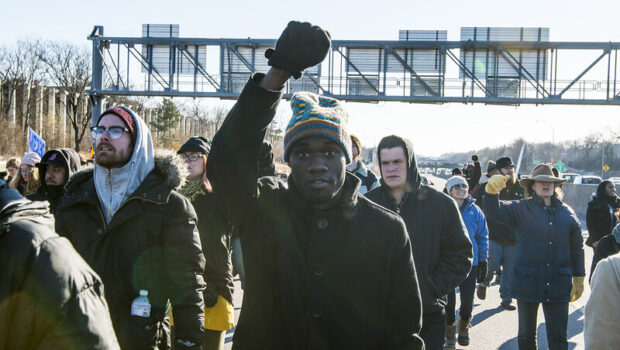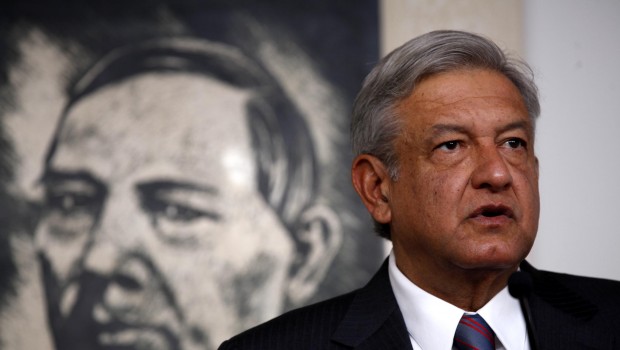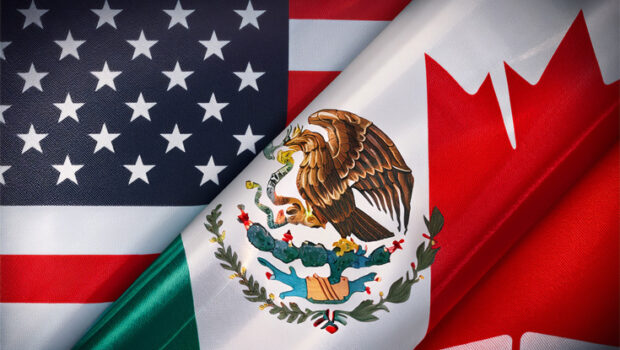The Democratic Myth And Other Obaminations
Rogelio García Contreras
When Albert Camus writes in his collection of essays known as the Myth of Sisyphus, “consciousness and revolt are the contrary of renunciation”, he refers to the idea of a citizen–the absurd man- who procures democracy by fully participating in social and political affairs and actively opposing to anything that may challenge it, including of course, a selfish conduct. Camus’s collection starts with a quote from Pindar, Pythian III: “O my soul, do not aspire to immortal life, but exhaust the limits of the possible”.
Addressing what is possible, Hegelian dialectics suggest in the Phenomenology of the Spirit that the realm of abstraction will always remain as such, as an abstraction, so the best we can do is to pursue this abstraction or ideal of what he called the absolute spirit through the benefits of a dialectical logic that assures the possibility of constant argumentative debates–which are the essence of any democratic debate–in the concrete and endless process of history.
In recent years, we have become more divided along political and ideological lines. We seem to have lost our commitment to resolving our differences through civil, constructive dialogue. The recent demonstrations and acts of civil disobedience against the establishment of highly authoritarian regimes in the Middle East ironically encounter, in the self-proclaimed “land of the free”, an unprecedented parallel. America’s commitment to civility and to the hard work of resolving its differences through dialogue and deliberation seems to be threatened by intolerant and rather ignorant voices.
A few months ago, just when the people of Tunisia started opening a Pandora´s Box of unimaginable proportions for their own sake and the sake of the entire world, New Hamphsire University Professor, Bruce L. Mallory, wrote a moving article in reference to a massacre that took place in his own country: “The violent rampage in Arizona is yet one more reminder, if we needed one, that our claim to be a civil society, in which we solve our differences through informed debate rather than random acts of violence, is an ideal that we have not fully achieved”. Meanwhile, in Wisconsin, Republican Governor, Scott Walker, is outlawing public unions and collective bargaining. Reactionary ideologues, bankrolled by the Koch brothers and other elite forces, have an agenda of exclusion and privileges. Knowing exactly what he was doing, Walker also called out the National Guard against peaceful demonstrators.
At the heart of what some critical thinkers of the Frankfurt School called the affluent society, the most totalitarian of all regimes has launched an open attack on its own citizens. It is no wonder, as University of Denver Professor, Alan Gilbert, points out, that the news does not report this conflict. With the honorable exception of Amy Goodman in Democracy Now, corporate news is part of the industrial war complex. The American regime is moving more and more into a rather antidemocratic environment where the livelihoods and freedoms of ordinary people are under attack.
While these events do not probe the particularly role of strikes led by women in Cairo, or the adoption from the strikes of the tactic of bringing children, and entire families, to Tahrir Square and elsewhere in the Middle East, the experience at Wisconsin raises some serious and significant concerns. As professor Mallory states, “we must equip our citizens with the tools of conflict resolution, mediation, and deliberation. We must bridge our differences with words that can shape creative solutions based on consensus.” But among the one-dimensional man, Glen Beck is King and moral discourses are based on socio cultural manifestations rather than universal considerations. The democratic ideal is defined then within the parameters of a nation whose own government is run by a profit oriented corporate mafia that has kidnapped the state as well as the social contract it represents. A nation with an oligarchic class holding outrageous privileges that none of them obtained by virtue of a free and democratic debate, but by virtue of their own economic might. A world’s democratic ideal issued by a nation which democracy is subject to the scrutiny of rampant capitalism, and all notions of identity are associated with the entire socio cultural baggage of the otherwise cardinal term “West”.
So at this moment in history, the democratic standard or ideal equals freedom and democracy as interpreted in the West, it means equality as practiced in the West, and it promotes certain economic and ideological notions of identity as valued and established by the West, namely: white, male, property owner–preferably wealthy–healthy, heterosexual, puritan, young or powerful, intrinsically good, moral, Christian, scientist, “hard worker”, individual with a “protestant ethic” for wealth accumulation. “Well-educated”, Swedish, Korean, Vietnamese or New Yorker–it really does not matter, for as long as he is Western– ENGLISH speaking, technologically virtuous, investor, capitalist, humanitarian, pacifist, modern and of course, “civilized”.
Founded on the basis of such an ephemeral and unsubstantial parameter, this judge of the planet launches then its official policy regarding the cry for democracy in the Arab world. The absence of intelligent intelligence and the inadequacy of amoral advise has allowed President Obama to set new standards for US foreign policy incoherence and incompetence alluding as always to the frequently repeated but often unquestioned notion of national security and what realist called, “interest of the state.” The usual moral liberal discourse colliding with the premises realpolitik: Talking and promoting democracy; supporting and encouraging dictators.
Perhaps the actual desire of preventing democracy from flourishing in the region for reasons of national security that the average Homer Simpson will never understand, was what inspired Secretary of State Hillary Clinton to announce that the Mubarak regime was “stable” and in “no danger of falling” right after the protests began in Cairo. Maybe the confidence of the Obama Administration rested on the fact that the Mubarak regime featured a disciplined modern army trained and supplied by the United States. Secretary Clinton and everyone else at the White House must have known, however, that the prognosis for the Egyptian uprising was far better than the one that ended in a massacre in Tiananmen Square; that it was more likely to follow the pattern of people power in Tunisia, where only weeks before another autocrat had been driven from power.
At the very least, the Obama Administration should have known that the Mubarak regime and its cohort (as well as the military, which is the country’s economic powerhouse) were alarmed that the business “paralysis induced by the protests” was “having a huge impact on the creaking economy” of Egypt. As Finance Minister Samir Radwin said two weeks into the uprising, the economic situation was “very serious”. America must have understood the language spoken by the market economy. From their inception, the huge protests threatened the billions of dollars that the leaders and chief beneficiaries of the Mubarak regime had acquired during their thirty years reign of terror, corruption, and accumulation. To the generals in particular, it was surely apparent that the massive acts of brutality necessary to suppress the uprising would have caused perhaps irreparable harm to their own economic interests. Put simply, from the beginning, the Egyptian uprising had the effect of a general strike.
So perhaps this is the path for a powerful and authentic transformation. The need for abandoning the status quo is often conceived as an impossible task, mainly and precisely due to the conception that this attempt will threaten the precious stability of our incipient middle class condition. But average citizens must realize that their condition is under attack anyway, and the path to reverting the totalitarian temptation of the oligarchy may reside in their ability to threaten the oligarchs’ economic interests. For most citizens, Egyptians or not, civil disobedience or economic boycotts are preferred to violence or anything that threatens the presence of violence. Huge political transformations are possible, in turn, by jeopardizing the core economic interest of the parties involved. And when it comes to economic interests, the general public–to avoid a Marxist term–has a lot less to lose that the most affluent of their constituents.
The largest of businesses, local and multinational, are not normally prone to inactivity. In Egypt, the option of a brutal military attack against protestors, even if “successful” in driving them off the streets, seemed to all but guarantee the deepening of an already economy in crisis, subjecting ever widening realms of the economy– and so the wealth of the military–to the risk of irreparable calamity. Weil Ziada, head of research for a major Egyptian financial firm, spoke for the business and political class when he told Guardian reporter Jack Shenker on February 11th: “Anti-government sentiment is not calming down, it is gaining momentum…This latest wave is putting a lot more pressure on not just the government but the entire regime… There are two or three scenarios, but all involve the same thing: Mubarak stepping down–and the business community is adjusting its expectations accordingly.” The next day, President Hosni Mubarak resigned and left Cairo.
In the case of Libya, humanitarian intervention unites morally driven interventionists but the fact is that this intervention would have never been considered outside the economic implications of everything that was at risk for European and American interests in the region. If the intervention is brief and France and Britain do most of the bombing, it might enforce a ceasefire on Libya. Ghadhafi’s constant shifts -from genocidal murder of “rats” and “outsiders” to ceasefireis plainly a good result of the policy. Without serious change in the devotion of the two parties to American militarism and repression abroad, the actual situation in Bahrain, Saudi Arabia, Gaza, Israel or Afghanistan will continue to be ignored by the American people. Through this ignorance, a premeditated violence against the weakest sectors of society will remain possible: tax extensions for the very rich, reduction or disappearance of public services for the very poor and a rampant military spending for the sake of a useless yet highly profitable wars in Afghanistan. The patriotism of Haliburton or Blackwater is only comparable to the propaganda they promote. It will not be words, or walls or weapons; it will not be repression, fear or indoctrination. Only solidarity along with peaceful civil resistance may at the end help us restore a sense of civility and our ability to solve real problems in this troubled world.
Posted: April 25, 2012 at 10:03 pm


